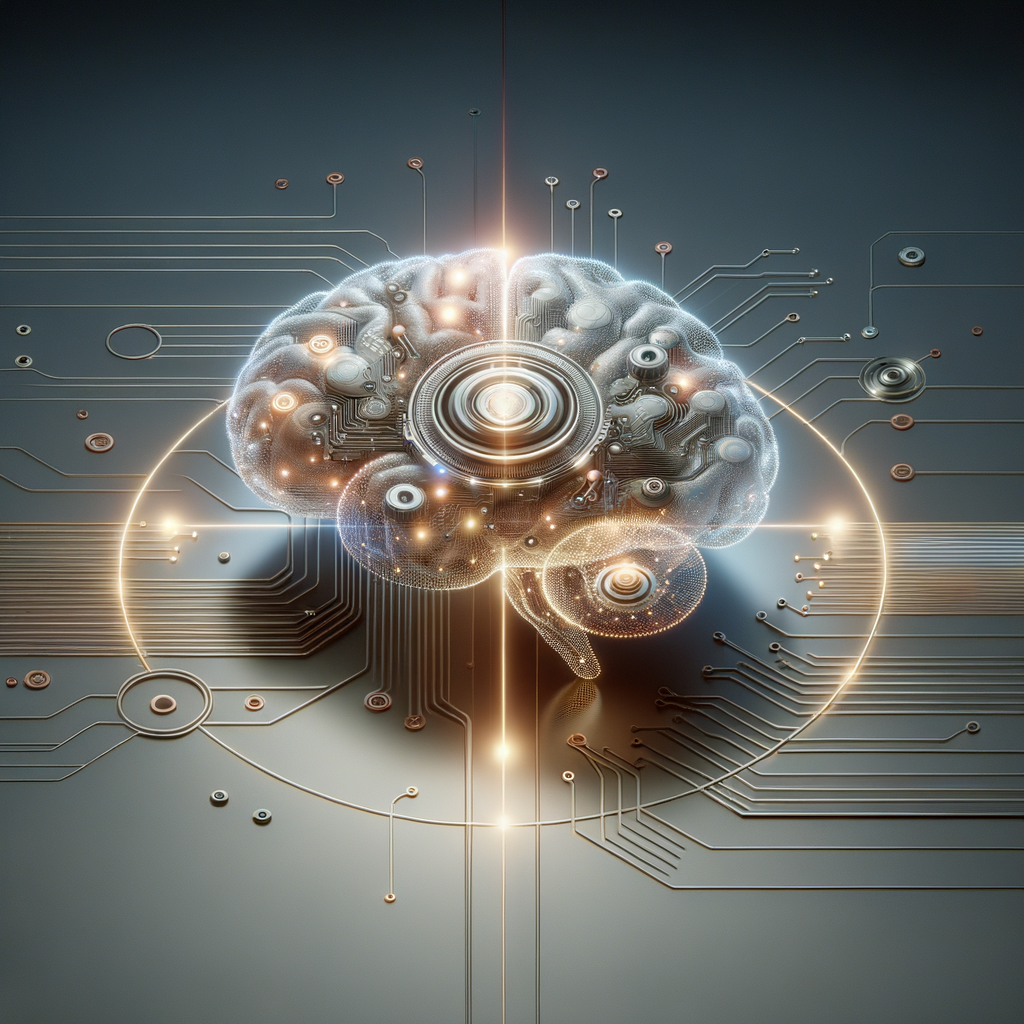
Beyond Human: The Rising Influence of AI on Emotional Intelligence
Explore the fascinating intersection of artificial intelligence and emotional intelligence. This blog post delves into how AI technologies are redefining the way we understand and engage with human emotions. From chatbots that detect sentiment to AI systems designed to understand and mimic human emotional responses, this article unveils the latest innovations and challenges in this transformative field. Join us as we ponder the future of emotion-aware AI and its potential impact on our everyday lives.
Beyond Human: The Rising Influence of AI on Emotional Intelligence
Artificial Intelligence (AI) has made remarkable strides in recent years, becoming an integral part of various industries and changing how we interact with technology. However, while traditionally AI has been centered around cognitive functions, a new frontier is emerging that fuses AI with emotional intelligence (EI). This integration is poised to transform not only how machines interact with humans but also how humans understand themselves.
The Intersection of AI and Emotional Intelligence
Emotional intelligence refers to the ability to understand and manage one's own emotions, as well as empathize with the emotions of others. Introducing AI into this space opens up intriguing possibilities, such as developing systems that can comprehend and respond to human emotions in a nuanced manner.
Understanding Emotional Cues with AI
The first step toward creating emotionally intelligent AI is the ability to recognize and interpret human emotional cues. This involves analyzing facial expressions, vocal tones, body language, and even physiological signals like heart rate. Advances in computer vision and natural language processing (NLP) have enabled systems to better decode these signals and respond appropriately.
Chatbots and Sentiment Analysis
Many companies are integrating sentiment analysis into their customer service chatbots. This allows them to detect frustration or satisfaction in customer interactions, enabling them to tailor responses to suit emotional states effectively. As these technologies advance, we could foreseeably interact with machines that not only solve issues but also provide an empathetic response, akin to a human support agent.
Mimicking Human Emotions
Beyond recognizing emotions, another challenge and potential of AI in EI is the ability to simulate human-like emotional responses. This includes developing AI that can engage in emotional exchanges with users, thereby offering a more relatable and humanized interaction.
Applications Across Industries
Healthcare and Therapy
AI in emotional intelligence is particularly promising in areas like healthcare and therapy. AI systems, trained to understand and respond to human emotions, could offer support in therapeutic settings, providing companionship to those who might benefit from additional emotional support.
Education
In education, emotion-aware AI systems can help tailor learning experiences to individual students, recognizing when a student is frustrated or engaged. This allows for a more personalized and effective learning environment that adapts to the emotional state of the learner.
Entertainment and Media
Emotionally intelligent AI is also making waves in the entertainment industry, enabling the creation of interactive media that respond to the viewer's emotions, leading to immersive and personalized experiences.
Challenges and Ethical Considerations
While the potential applications are vast, they also bring ethical challenges. The ability of AI to read and influence human emotions raises questions about privacy and consent. It's essential for developers to consider these aspects to ensure ethical standards are met in the deployment of such technologies.
Additionally, there's the question of authenticity. As AI becomes more capable of mimicking human emotions, understanding the distinction between human and AI-driven emotion becomes crucial to maintain genuine human connections.
The Future of Emotionally Intelligent AI
As we look to the future, emotionally intelligent AI holds significant promise for deepening human-machine connections. With ongoing research and development, these systems could substantially enrich human experiences across various domains.
However, the balance between innovation and ethical responsibility will be critical as we navigate the complexities of emotional intelligence within artificial frameworks. Proper regulation and guidelines will enhance the potential of AI to complement human emotional capacities without overstepping privacy and ethical boundaries.
In conclusion, the rise of emotion-aware artificial intelligence is a testament to the expanding capabilities of AI technologies. As we continue to explore this promising space, it becomes increasingly important to strike a harmonious balance between technological advancement and human ethics.